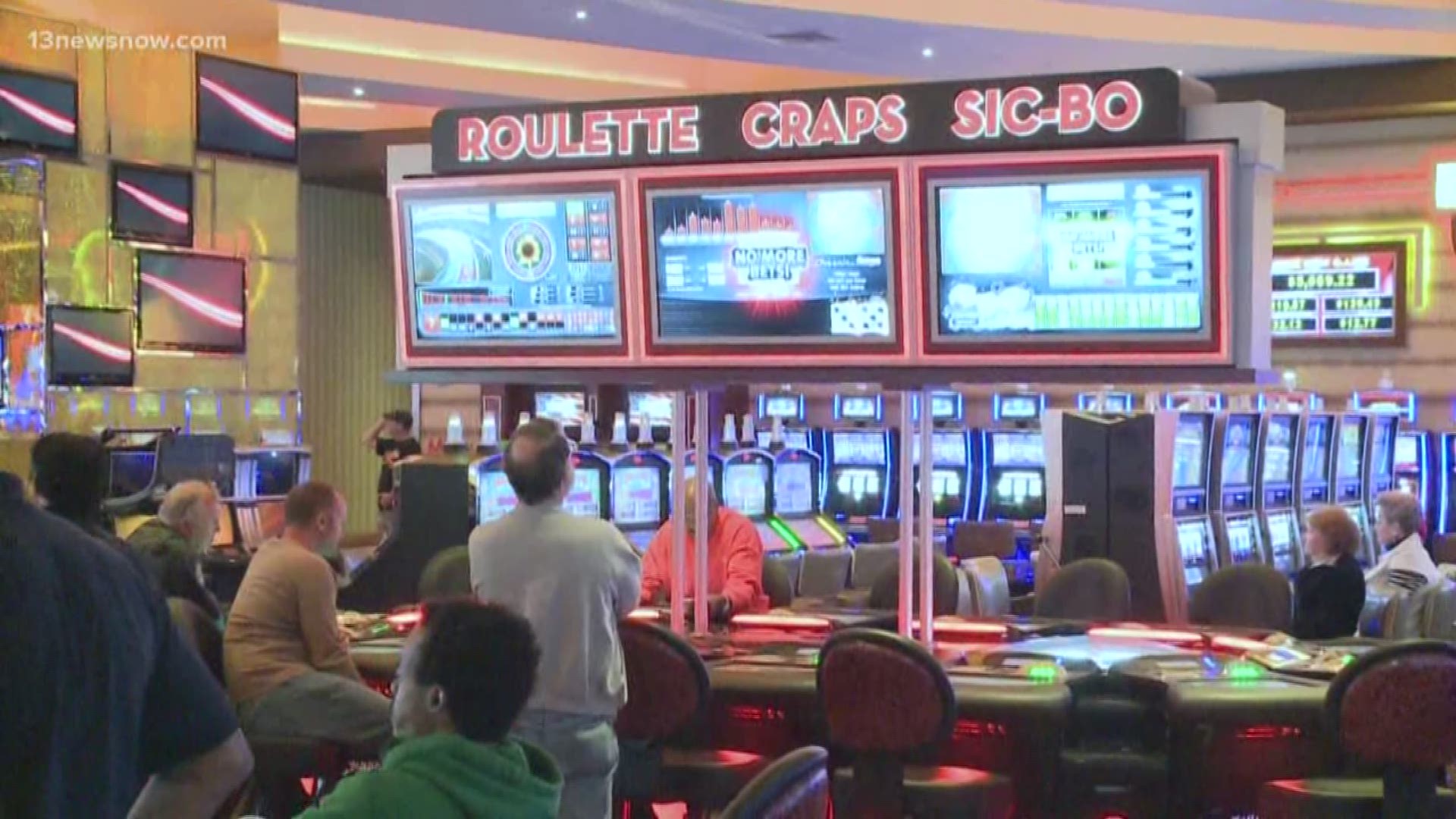RICHMOND, Va. — The Virginia House of Delegates passed a bill that authorizes casino gaming in the cities of Portsmouth, Richmond, Norfolk, Danville, and Bristol.
The casinos would be regulated by the Virginia Lottery Board.
The Senate conference vote on Saturday passed the bill 27-12. On Sunday, the House approved HB 4 60-35.
The bill was proposed by Sen. Louise Lucas, who said casinos would have a massive economic impact on the cities that host them.
"The localities each get a percentage of the revenue coming from the casino.They can use it for education, they can use it for a transportation system. They can use it for a lot of things, like teacher salary increases," said Lucas.
Pamunkey Indian Tribe Spokesman Jay Smith released the following statement after the Virginia General Assembly passed the legislation:
“The Pamunkey Tribe is eager to move forward with its plans to build a world-class resort and casino in Norfolk and ready to respond to Richmond’s Request for Proposals to bring a casino to the River City. After centuries of disenfranchisement and social injustices, the Pamunkey Tribe is on the verge of ensuring the long-term success of the Tribe. Its plans to build two resorts with casinos will allow the Tribe to provide needed programs and services to its members. It will be a great partner for Norfolk and Richmond. The Tribe will keep profits in Virginia through reinvestment locally and will provide tremendous benefits to these regions of the Commonwealth for decades to come.”
The bill requires each eligible city to hold a referendum on the question of whether to allow casino gaming in the city and to hold a referendum at the November 2020 general election. Lucas said her team will be prepared for that referendum.
“Now we have to go out and make sure we do our marketing piece, to make sure that people understand what’s coming because we’ve got the referendum coming to look forward to in November," said Lucas.
The bill imposes a two-tier tax structure, with taxes ranging from 15 to 28 percent of the adjusted gross receipts of licensees based on the amount of capital investment that the licensee has made in the casino gaming establishment, and provides for the disbursement of tax revenues.


